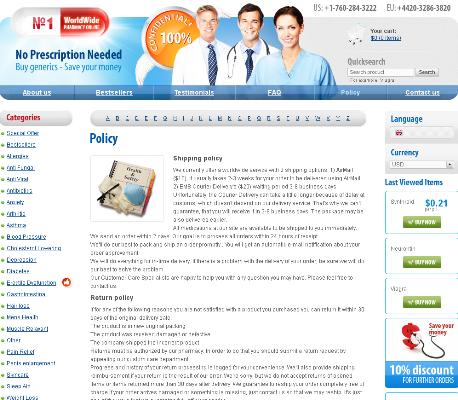Buy Amoxil Online
Can You Drink Alcohol While Taking Amoxil?
What Is Amoxil and How Does It Work
Introduced in the world of antibiotics in the 1970s, Amoxil has become a cornerstone in the treatment of many common infections. This medication belongs to the penicillin family, renowned for its effectiveness against a broad range of bacteria. Doctors frequently prescribe Amoxil for illnesses such as respiratory tract infections, ear infections, and urinary tract infections.
Amoxil works by targeting the bacterial cell wall. As the bacteria attempt to grow and multiply, the medication hinders the formation of their protective outer layer. This action ultimately causes the bacteria to weaken and die, helping your body's natural defenses clear the infection more effectively.
Here’s a quick overview of Amoxil’s key features:
| Property | Description |
|---|---|
| Drug Class | Penicillin antibiotic |
| Main Uses | Treats bacterial infections (sinus, throat, ear, urinary tract, etc.) |
| Mechanism | Disrupts bacterial cell wall formation |
How Alcohol Interacts with Antibiotics Generally

Picture this: you’ve just started your prescription of amoxil and are eyeing that glass of wine during dinner. It’s a common scenario, but the way alcohol interacts with antibiotics can be both complex and a little confusing. While not all antibiotics react with alcohol in the same way, combining the two may sometimes intensify side effects or hinder your body’s natural healing process. For some antibiotics, drinking alcohol can cause heightened dizziness, stomach upset, or even dangerous reactions, but the science behind these interactions can differ between medications.
When it comes to antibiotics in general, alcohol doesn’t always make them less effective. However, alcohol slows down your immune system and can exacerbate the fatigue or gastrointestinal symptoms that antibiotics like amoxil may already cause. This combination could leave you feeling worse and delay your recovery, making it a good idea to weigh your choices carefully.
Scientific Consensus on Mixing Amoxil and Alcohol
Most medical experts agree that drinking moderate amounts of alcohol does not reduce the effectiveness of amoxil. Unlike certain antibiotics that can trigger intense reactions when combined with alcohol, amoxil is not known to cause dangerous interactions if consumed alongside an occasional drink. This means a glass of wine or beer will unlikely interfere with your medication's ability to fight bacterial infections.
However, this does not mean that mixing alcohol with amoxil is completely risk-free. Both alcohol and antibiotics can cause side effects like stomach upset, dizziness, or drowsiness, and combining them may intensify these symptoms. It’s wise to listen to your body and prioritize rest and hydration during recovery.
Common Side Effects: What to Watch Out for

As you begin a course of amoxil, it’s natural to wonder about potential side effects. Most people can expect mild reactions, such as stomach upset, diarrhea, or headache—unpleasant, but usually manageable. For some, a mild skin rash might appear, signaling a sensitivity that should be mentioned to your healthcare provider.
More rarely, people experience pronounced allergic reactions. Symptoms like difficulty breathing, swelling of the face or throat, or severe skin rashes require urgent medical attention. Even if these symptoms are uncommon, being aware of them means you can act quickly if something feels off.
Awareness doesn’t mean expecting the worst; instead, it empowers you. By recognizing what is typical versus what is concerning while taking amoxil, you set yourself up for the safest, most comfortable recovery possible.
Special Considerations for Specific Groups and Conditions
Individuals with liver or kidney problems should be particularly cautious when taking amoxil, as both the medication and alcohol can place additional strain on these organs. For pregnant women, mixing alcohol with amoxil is strongly discouraged because it may complicate both the pregnancy and recovery from infection.
For people with weakened immune systems, such as the elderly or those undergoing chemotherapy, even minor side effects from the combination of amoxil and alcohol can be more pronounced. Consult your healthcare provider before combining any medications with alcoholic beverages.
| Group | Consideration |
|---|---|
| Liver/Kidney Issues | Avoid alcohol to reduce organ strain |
| Pregnant Women | Heightened risk, alcohol discouraged |
| Immunocompromised | Increased side effect severity |
Tips for Safe Recovery during Your Amoxil Course
To make sure Amoxil works its best, listen closely to your healthcare provider’s advice and finish the whole prescription, even if you feel better early on. Staying hydrated and getting plenty of rest gives your body a real boost while it fights off infection. If you notice unexpected side effects or lingering symptoms, never hesitate to contact your doctor—they’re there to help you heal smoothly. Pair these steps with a healthy diet to support your immune system throughout recovery.

